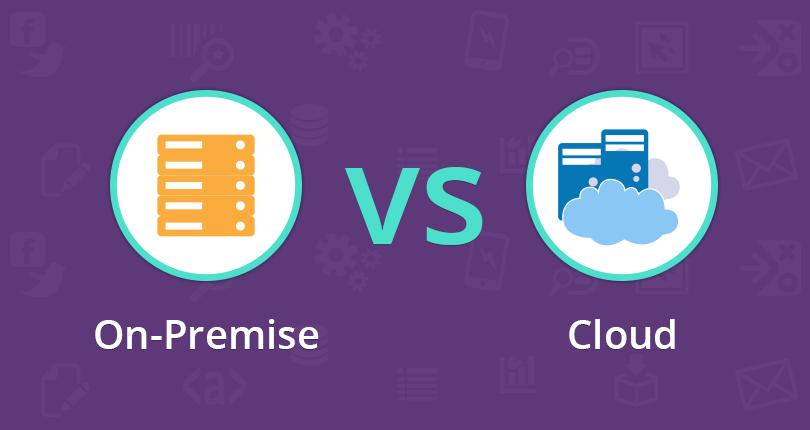As topics of conversation go, the terms “Big Data” and “Hadoop functionality” seem more appropriate for IT and CIOs than for CEO and CFOs. And yet, choosing the right Hadoop provider for your business is every bit as much a business decision as it is a tech decision. After all, the ultimate goal of Big Data analytics is to obtain actionable insights and gain a competitive business advantage. To that end, here are the top 5 questions to ask, from a business perspective, in choosing between a cloud-based or on-premise Hadoop provider.
Reduce Hadoop Costs
In choosing the right analytics platform and provider, what it really comes down to is how to store, manage and analyze massive amounts of data safely, effectively, and above all affordably. That being said, traditional on-premise Hadoop platforms tend to be quite expensive. After all, this is a physical platform requiring large numbers of servers, a large facility to house them, and large amounts of electricity to run them. Additionally, on-premise Hadoop platforms require on-site IT teams to make sure that everything continues to run smoothly. In contrast, cloud storage requires no expensive on-site hardware or support. In addition, companies that go with Hadoop in the cloud providers have the benefit of purchasing access to a fully scalable storage and analytics platform while only paying for what they use.
Hadoop Scalability
On-premise platforms come with hard limits on storage capacity and performance, all due to their physical nature. As a company’s data demands increase, more physical servers must be added to the cluster, and this process can be time-consuming and costly. With a cloud platform, there is total scalability, meaning that companies can access unlimited storage space on demand. If needed, literally thousands of virtual servers can be spun up in the cloud in minutes. Here again, companies only pay for the actual space that they need and use to meet increased data demands.
Hadoop Availability
With analytics platforms, productivity is a function of data accessibility. The drawback of on-premise platforms is that they come with set limitations regarding how quickly and easily data may be accessed. However, with a cloud-based Hadoop platform data can be accessed anytime from anywhere on smartphones and tablets through an Internet connection. The result of this greater and faster access to data is increased productivity.
Hadoop Collaboration
For organizations, the ability of individuals and teams to collaborate on projects in real time is a big advantage. But, with an on-premise platform, this type of collaboration just isn’t possible. However, Hadoop in a virtual environment means that syncing can occur, ensuring that files that are being worked on by individual employees are automatically updated across all platforms. Then, regardless of size, those files can be shared between other coworkers and teams, ensuring full collaboration in real time.
Hadoop Security
Although this may sound like an IT question, the degree of corporate security and protection that a platform provides can have a direct effect on business. When it comes to security, on-premise Hadoop platforms have a well-deserved reputation for excelling in that area. After all, sensitive data can safely be kept behind the corporate firewall. In contrast, the idea of storing sensitive information offsite with a cloud provider can make corporate business execs a bit nervous. However, today’s cloud service providers typically adhere to modern cloud security protocols, such as built-in encryption, to protect data during transfer and at rest.
In choosing between an on-site or cloud-based Hadoop platform, both IT and business execs need to work together to make sure that the chosen solution works best from both a technical and business standpoint.




